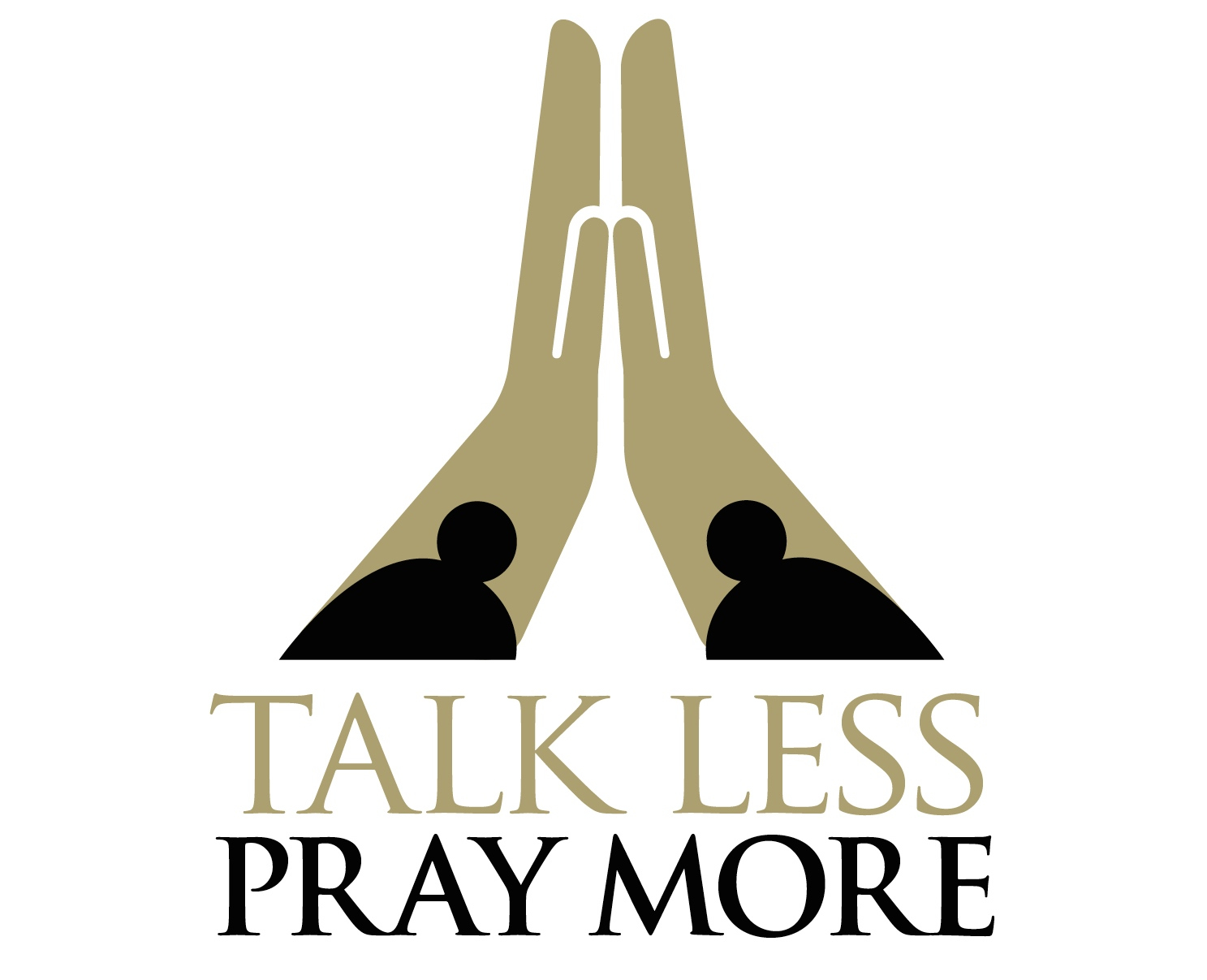I can't remember when I was first introduced to Oswald Chamber's devotional book, "My Utmost for His Highest." I do recall that it had all the clarity of sanctified heiroglyphics. I found out later that it had been compiled as a labor of love by his wife, following his death in 1917. She took her notes from all of her husband's presentations and put together this remarkable, daily guide that has impacted the lives of millions.
Dana and I introduced this book to our children, Ashley and Allyson, when we held our morning devotions. Our girls patiently listened, but later admitted they were clueless most of the time about what Chambers meant. I have to agree, Chambers is an acquired taste. His use of the English language is a bit daunting, probably stemming from his professorial bent, and the change in the meaning of words over the past 100 years.
Still, there have been times when the light has shown so brightly in the darkness that the truth of what he was communicating became truly self-evident. My friend, Bob McEwen, is fond of saying, "The Jeffersonian prose, 'We hold these truths to be self-evident...' is a polite way of expressing, 'Any fool ought to get this." Spot on Bob!
There is one Oswald Chamber's statement I often refer to that came as a bolt of light into my own world of spiritual darkness on May 3, 2001. I read it in my copy of "My Utmost for His Highest" as the final words of the May 3rd daily devotional.
"Discernment is God's call to intercession, never to fault-finding."
These ten little words have had a profound impact on my life. In short, they have led Dana and I to invest the rest of our lives in challenging believers to TALK LESS! PRAY MORE!
There is hardly a day that goes by that I am not tempted to say what I think, or to say more than I know about another person. The topics of religion and politics are just two areas that draw out an unending flow of a my humble but accurate opinions. I am not alone! Talk radio, cable TV, mainstream media, and casual conversations have a way of becoming independent lecture series that shed more heat than light on just about any subject, celebrity or fellow believer.
No doubt, God gives His people insight regarding the condition of a person's soul and the state of affairs of the community in which they live. The purpose for this insight from God is often misunderstood by His children. It is not a call to bring criticism or ridicule upon someone or their belief system. It is given as a Heaven-sent call to stand in the gap for them, and bridge the chasm by the means of intercessory prayer.
It is difficult to continue to hate someone, when you are praying for them. It is not impossible, just harder. This should not be a surprise to Christ followers. In His Constitution of the Kingdom (Matthew 5-7), Jesus said,
"Pray for those who persecute you, so that you may be sons of your Father who is in heaven; for he causes His sun to rise on the evil and the good, and sends rain on the righteous and the unrighteous." Matthew 5:44
Early on, Jesus took a dim view of those who were prone to talk about someone rather than pray for them. Too often the family of God is known more for its aggression than for its intercession. The great tragedy is that the toughest words of criticism a follower of Christ ever speaks are are often directed towards fellow members of God's family.
I have often repeated a little piece of ministerial humor, "Where ever you find two Baptists you will always find three opinions." Indeed, we are known as a skeptical and suspicious people who do not warm up to strangers who operate outside of our Baptist Bubble. We are not a peculiar people in this regard. The Church is made up of a patchwork quilt of prejudices and personal agendas that constantly keep us on our guard from those who would invade our turf or steal our sheep.
So what is a sincere response to a legitimate concern about a person's behavior or beliefs? TALK LESS! PRAY MORE! Chambers said it more delicately and with an English accent. Nothing dresses up the truth like a Brit's way of using the King's English. Almost 100 years later, the printed message carries a powerful punch, even if it is wrapped in Kid's gloves. The point is this. When God gives you discernment about another person, it is not a call to criticize, ridicule, or reject them. It is not an invitation to speak your mind. It is a test to see if you are willing to bend your knees and call out to God on the behalf of someone who is in need of your prayers.
Wrapping ourselves up in our own personal piety and rejecting people we do not agree with on non-essential doctrinal issues leads to the development of a critical spirit. Furthermore, fault-finding seldom corrects the flaw in the person in whom we find the real or imagined fault. People are funny like that. They really do not have much appreciation for the person who publicly depants them. Go figure.
The call is to pray for people you discern are in danger of believing the wrong thing or moving in the wrong direction. Why should your response be one of intercession? Simple...They need it and you need the practice. TALK LESS! PRAY MORE!
